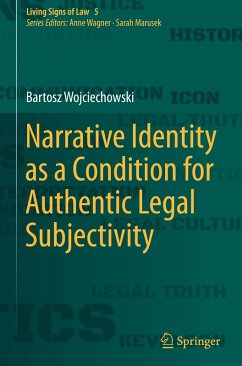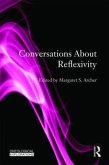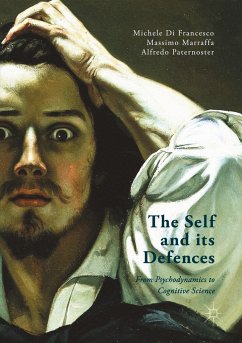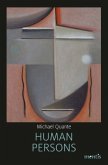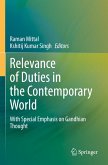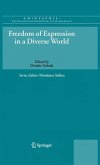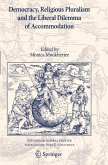This book argues that omitting the component of narrative creates an irresolvable antinomy concerning the identity of the subject: between the subject and identical copies of itself in different situations, or between it and the identical subject as a substantial illusion, the elimination of which reveals the pure multitude of desires, emotions, and perceptions.
The starting point of the considerations presented here is the conviction that knowledge of one's own desires and preferred values is obtained by articulating a narrative identity through social interactions and mutually determined moral horizons that presuppose shared meanings and the possibility of consensus. The book emphasizes the significance of personal narration and identity formation, but also points out that collective narrative, which is culturally and traditionally rooted, is also one's own narrative. It focuses on the issue of identity, which is discussed today in numerous contexts, and the understanding of which, according to the author, has important consequences, including: for the legal aspects of our lives, as it concerns, for example, the rights of LGBTQ+ people or entities marginalized or excluded for various reasons. The titular narrative identity of an authentic legal entity is related to opening ourselves to others, but also to ourselves. The interdisciplinary research perspective adopted in the book combines literary aspects, philosophical, sociological and theoretical-legal considerations with an analysis of the jurisprudence of European tribunals.
The starting point of the considerations presented here is the conviction that knowledge of one's own desires and preferred values is obtained by articulating a narrative identity through social interactions and mutually determined moral horizons that presuppose shared meanings and the possibility of consensus. The book emphasizes the significance of personal narration and identity formation, but also points out that collective narrative, which is culturally and traditionally rooted, is also one's own narrative. It focuses on the issue of identity, which is discussed today in numerous contexts, and the understanding of which, according to the author, has important consequences, including: for the legal aspects of our lives, as it concerns, for example, the rights of LGBTQ+ people or entities marginalized or excluded for various reasons. The titular narrative identity of an authentic legal entity is related to opening ourselves to others, but also to ourselves. The interdisciplinary research perspective adopted in the book combines literary aspects, philosophical, sociological and theoretical-legal considerations with an analysis of the jurisprudence of European tribunals.

